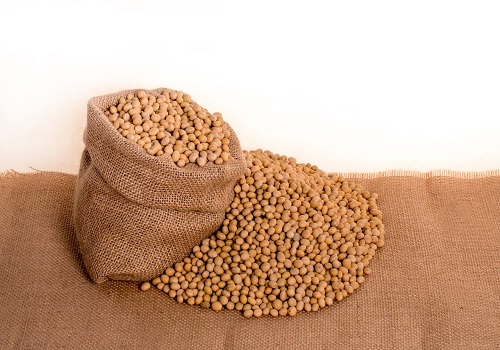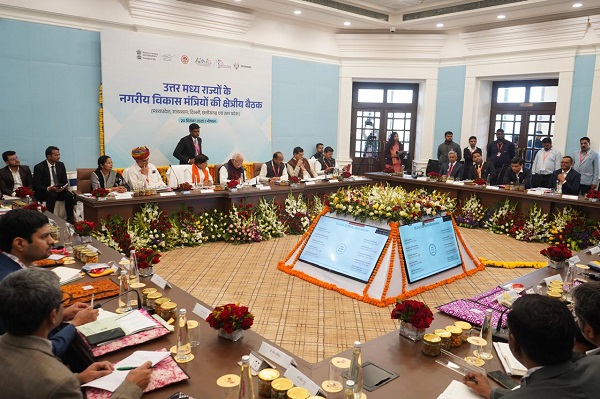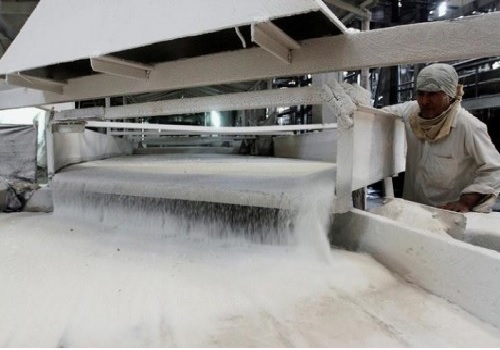China's Soybean Imports Drop 15% in May Amid Supply Challenges by Amit Gupta, Kedia Advisory

China imported 10.22 million metric tons of soybeans in May 2024, down 15% from May 2023, primarily due to floods in Brazil impacting the harvest. Year-to-date imports were also lower by 5.4%. Despite rising hog prices boosting demand, imports fell short of expectations. China is increasingly sourcing sustainable soybeans, reflecting a shift in import priorities.
Highlights
May Soybean Imports Decline: China imported 10.22 million metric tons of soybeans in May 2024, a 15% decline from May 2023’s record of 12.02 million tons. This is also lower than the expected arrivals of 11-12 million tons but higher than April’s shipment volumes.
Year-to-Date Import Trends: For the first five months of 2024, China’s soybean imports totaled 37.37 million tons, marking a 5.4% decrease compared to the same period in 2023. Rising hog prices in China have driven demand for soybeans, primarily used for soymeal in animal feed.
Brazilian Supply Challenges: Brazil, the top soybean producer, faced harvest disruptions due to floods, affecting production estimates and the timely delivery of soybeans to storage units. These issues contributed to the lower import figures, as Brazil typically ships most of its crop from March to June.
Analyst Insights on Import Data: Analyst Rosa Wang from JCI noted that May’s import figure was slightly below their estimate of 12 million tons, possibly due to some shipments awaiting customs clearance. She predicts larger arrivals in June but anticipates a figure around 11 million metric tons due to Brazil’s flood impacts.
Argentina's Soybean Sales: Argentina, the third-largest soybean producer, is accelerating delayed sales of soybeans. This is attributed to higher global prices and improved weather conditions for the ongoing harvest, providing a boost to the country's soybean market.
Sustainable Soybean Imports: China received 50,000 tons of deforestation and conversion-free (DCF) Brazilian soybeans on May 31, signaling a shift towards sourcing more sustainable products. This milestone reflects China’s growing emphasis on sustainability alongside price considerations in agricultural imports.
Food Security Law Implementation: China’s first food security law, effective from Saturday, aims to achieve "absolute self-sufficiency" in staple grains. This law underscores China’s efforts to reduce reliance on overseas purchases, reinforcing its focus on national food security and self-sufficiency in key agricultural products.
Conclusion
China's 15% decrease in May soybean imports highlights the impact of adverse weather conditions on global agricultural supply chains, particularly from Brazil. With demand driven by rising hog prices, the shortfall underscores the challenges in maintaining steady imports amidst environmental disruptions. China's commitment to sourcing sustainable products and enforcing a new food security law marks a strategic shift towards self-sufficiency and sustainability in agricultural imports, aiming to stabilize future supply and enhance national food security.
Above views are of the author and not of the website kindly read disclaimer
























